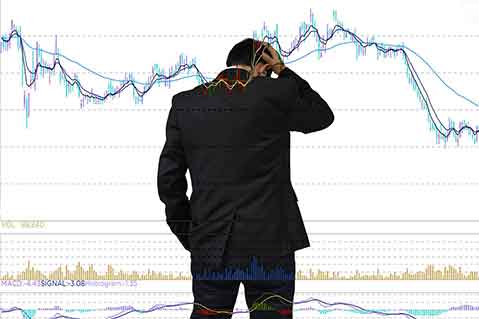News October 27, 2016
Consumer Confidence Drops Sharply
A divisive presidential election and slowing growth in the jobs market could be behind the precipitous drop in consumer confidence that occurred in October, economists say. The Consumer Confidence Index plummeted from a downwardly revised 103.5 in September to 98.6 in October. The descent was worse than the slip to 101.5 that economists had been expecting.

Produced monthly by The Conference Board, the survey revealed that 26.2% of consumers felt business conditions were good, down from 27.7% in September. Relatedly, 17.7% of consumers opined that business conditions are bad – a rise of two percentage points from the previous month. Survey respondents were also downbeat on jobs, with the percentage of those saying jobs are “plentiful” falling from 27.6% to 24.3%.
A shadow of pessimism spread into Americans’ long-term outlook, too. An index that measures consumer feelings about the economic situation over the next six months declined from 87.2 in September to 83.9 this month. In a similar vein, only 13.1% of respondents anticipate that there will be more jobs in the months ahead. In September, 15.7% felt employment prospects would improve.
On a brighter note, 17.5% of consumers expect their incomes to increase, a reading that holds steady with September’s numbers. Nonetheless, the Present Situation Index, which measures consumer sentiment on the current economic situation, eroded 7.3 points to 120.6.
“The drop in consumer confidence was broad-based and was driven by heightened levels of political uncertainty, rising gasoline prices, and a lackluster jobs report,” economist Chris Christopher of IHS Global insight said in a note to clients.
In August and September, monthly job expansion fell to an average of 161,000, following large gains the previous two months. For the year, average monthly job growth stands at 178,000 – down from 229,000 in 2015. While still at a comparatively low $2.228 national average per gallon for regular unleaded, gas prices have inched up over the last year.
Economists and other market watchers believe measuring consumer feelings about the economy and labor market can potentially indicate future consumer spending habits, which drive about 70% of the U.S. economy.
Meanwhile, industry confidence remains steady. As reported earlier this week by ASI, the Counselor Confidence Index (which gauges the health and optimism of promotional products distributors) stood at 113 in the third quarter of 2016. This is a slight increase from 111 in the second and first quarters of 2016, though it has remained relatively unchanged over the last three years.
